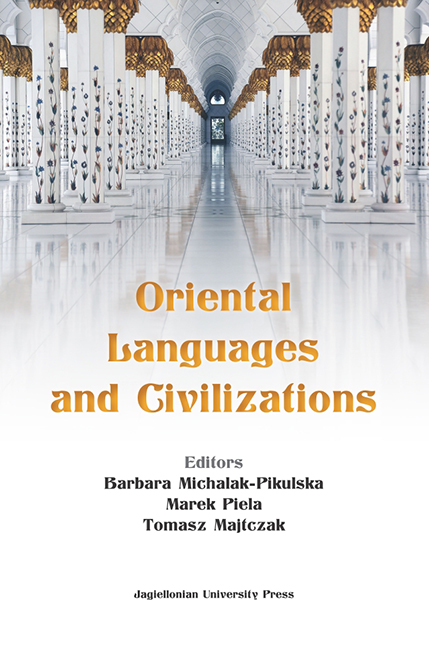The Ghost of al-Ḥallāj by Maqbūl al-ʿAlawī. Only anovel on envy and ill will, rivalry and intrigues inpast and present societies?
Published online by Cambridge University Press: 06 November 2021
Summary
Abstract
This article provides an analysis of the novel Ṭayf al-Ḥallāj by the Saudiauthor Maqbūl al-ʿAlawī, published in Beirut in2018. On the surface, the novel is a story ofjealousy and intrigues in past and presentsocieties, with rare moments of solidarity. However,I will argue that it goes far beyond this theme, asit addresses the complex interconnections betweenpersonal, social, religious, and political matters,with a clear focus on gender issues and currentdevelopments. As a result, it can also be read as acomment on the tragedies the Arab world haswitnessed over the past decades.
Keywords: Maqbūl al-ʿAlawī's Ṭayfal-Ḥallāj, dream narratives;interconnections/intersectionality, gender, theunspoken/speechlessness
On al-Ḥallāj's legacy in literature
The life and tragedy of the 10th-centurymystic al-Ḥallāj, “the symbol par excellence of themartyrs of divine love” (Safi, 2005), who isremembered above all for making the ecstaticutterance (shaṭḥ, cf.Ernst, 1985) anāl-ḥaqq, “I am the Truth,” has inspired agreat number of literati. Most prominent in medievaltimes were the Persian poets Farīd al-Dīn ‘Aṭṭār (d.1221), Jalāl al-Din Rūmī (d. 1273), and Ḥāfeẓ (d.1389). Praise of al-Ḥallāj continued through thecenturies. In modern Arabic literature, the mostfamous examples are the 1964 verse play by theEgyptian Ṣalāḥ ʿAbd al-Ṣabūr (1931–1981), Ma’sāt al-Ḥallāj (“TheTragedy of al-Ḥallāj”), and poems by the SyrianAdūnīs (b. 1930) and the Iraqi ʿAbd al-Wahhābal-Bayātī (1926–1999). Compared with other novelswhich refer to al-Ḥallāj's world of ideas, the novelhere under discussion, Ṭayfal-Ḥallāj (“The Ghost/Phantom ofal-Ḥallāj”), published in Beirut in 2018, is ratherunusual in its composition, style, and content, andin the way it combines the historical and thecontemporary, the real and the imagined, and usesvarious historical sources, literary genres, andnarrative techniques.
On the author and his work
Its author, Maqbūl al-ʿAlawī, was born in 1969 in oneof the villages of the oasis of Ḥalī, 65 kilometersto the south of the city of al-Qunfudhah in theTihāma region on the south-western border of theprovince of Mecca.
- Type
- Chapter
- Information
- Oriental Languages and Civilizations , pp. 25 - 36Publisher: Jagiellonian University PressPrint publication year: 2022

